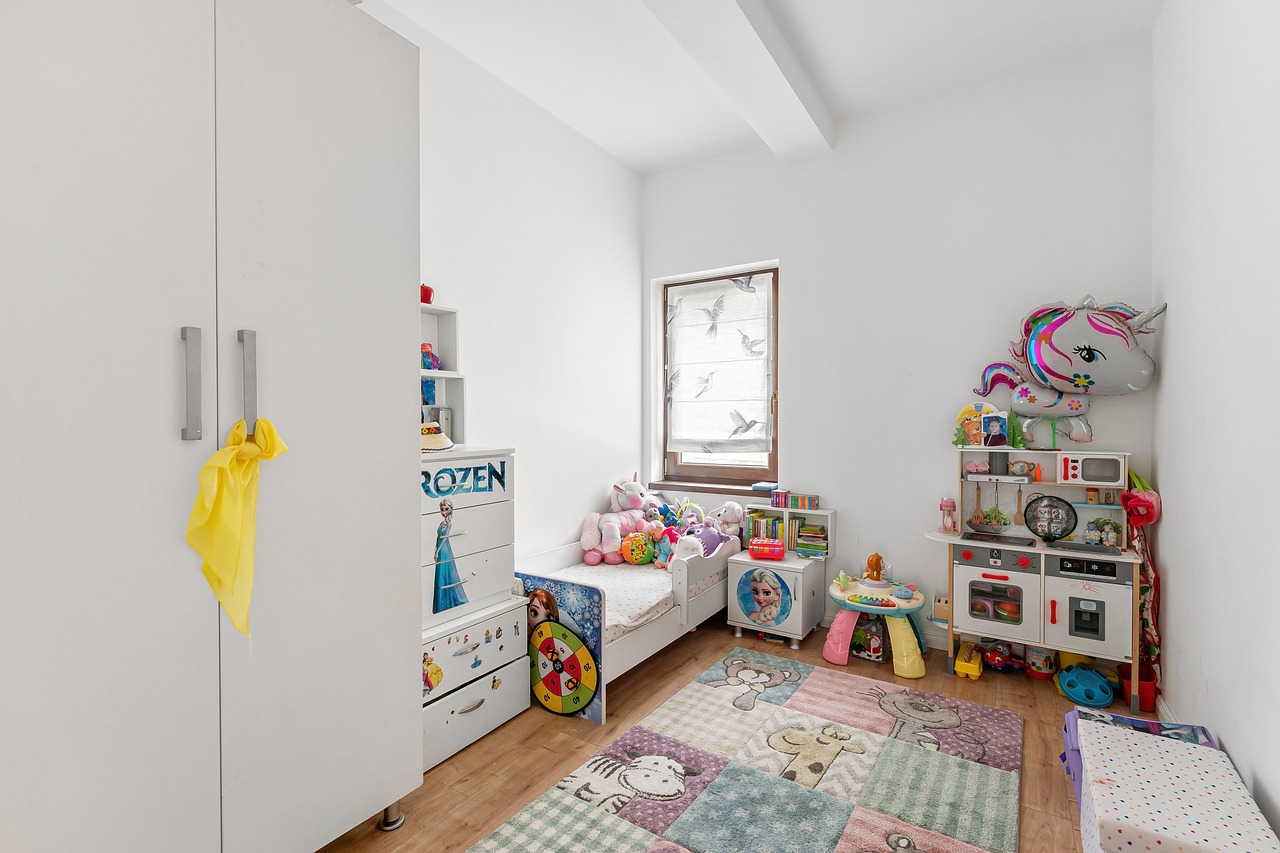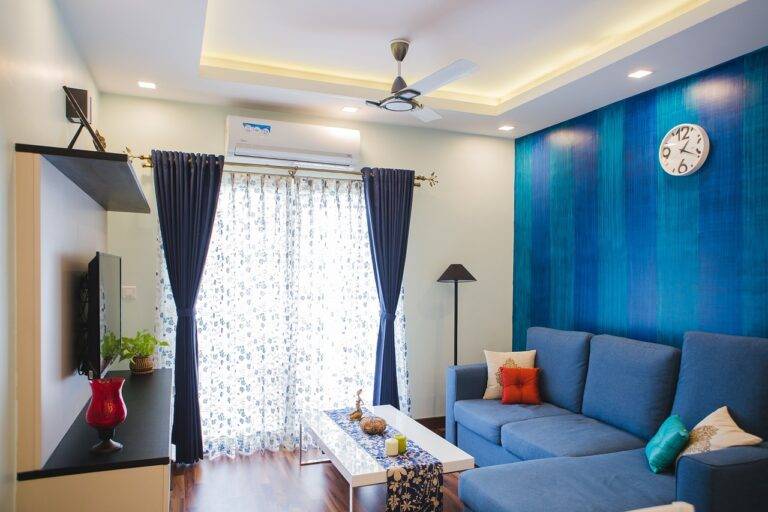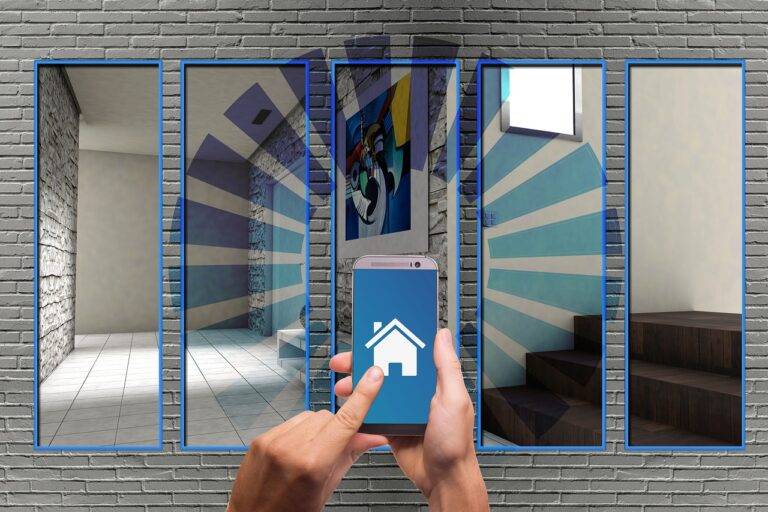Energy-Efficient Windows: Costs and Benefits
Energy-efficient windows are designed to minimize heat loss or gain, ultimately reducing energy consumption in a home. While the initial cost of purchasing and installing these windows may be higher than traditional windows, the long-term savings on energy bills can outweigh the upfront expense. Factors such as the type of windows, size of the project, and the efficiency rating all contribute to the overall cost of energy-efficient windows.
In addition to the cost of the windows themselves, installation expenses must also be taken into consideration. Hiring a professional to install energy-efficient windows ensures proper fitting and sealing, which is crucial for maximum energy savings. It is important to budget for installation costs when planning to upgrade to energy-efficient windows to ensure a successful and efficient transition.
Benefits of Installing Energy-Efficient Windows
Energy-efficient windows offer numerous advantages for homeowners. One key benefit is the potential for reduced energy bills. By minimizing heat loss in the winter and heat gain in the summer, these windows can help regulate indoor temperatures more effectively, leading to lower energy consumption and cost savings over time. This not only benefits the environment by reducing carbon emissions but also provides long-term financial benefits for homeowners.
In addition, energy-efficient windows can enhance the overall comfort of a home. By preventing drafts and maintaining a consistent indoor temperature, these windows create a more pleasant living environment for occupants. Improved insulation also helps reduce outside noise infiltration, making homes quieter and more peaceful. Overall, the installation of energy-efficient windows can significantly impact the comfort and well-being of individuals within a household.
How much does it cost to install energy-efficient windows?
The cost of installing energy-efficient windows can vary depending on factors such as the size of the windows, the materials used, and the installation process. However, the initial investment can lead to long-term cost savings on energy bills.
What are some benefits of installing energy-efficient windows?
Some benefits of installing energy-efficient windows include reduced energy consumption, lower utility bills, improved indoor comfort, increased property value, and reduced environmental impact.
Do energy-efficient windows require special maintenance?
Energy-efficient windows do not require special maintenance beyond regular cleaning and inspection. However, it is important to follow the manufacturer’s guidelines for care and maintenance to ensure optimal performance.
How do energy-efficient windows help in reducing energy consumption?
Energy-efficient windows are designed to minimize heat transfer, which helps in maintaining a consistent indoor temperature. This reduces the need for heating and cooling, resulting in lower energy consumption and reduced utility bills.






